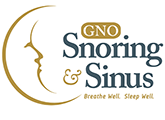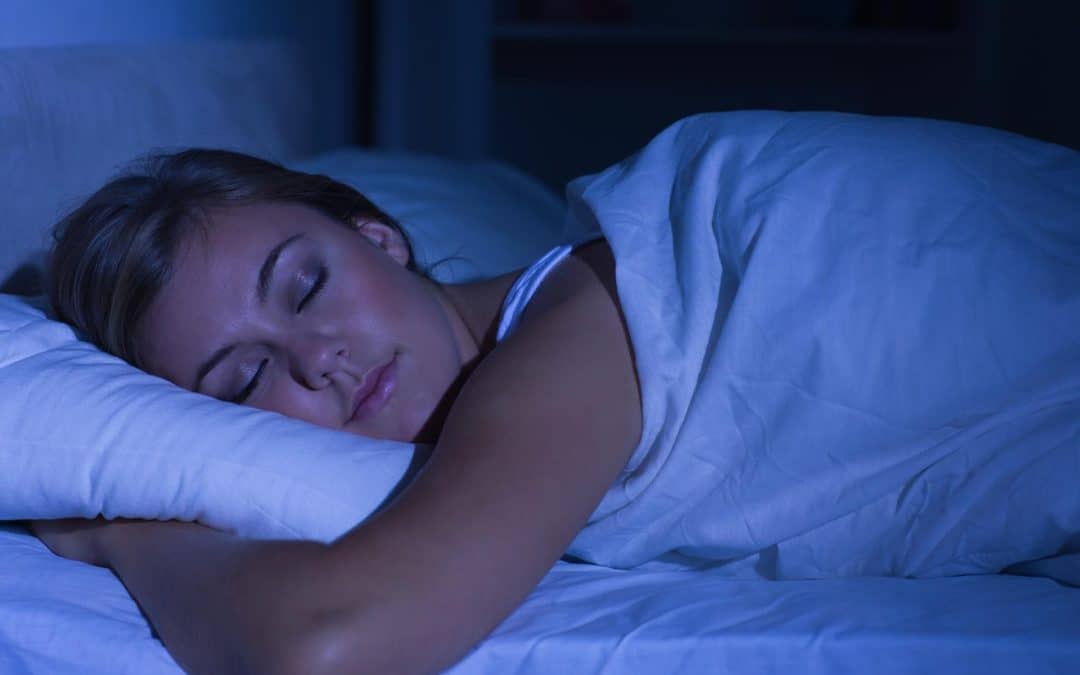Snoring is a widespread phenomenon that is often misunderstood and surrounded by numerous misconceptions. Whether you’ve experienced it yourself or have been kept awake by a partner’s nocturnal symphony, nearly everyone has been affected by snoring at one point or another. Let’s shed some light on the subject and debunk the most common myths associated with snoring.
Snoring is Normal
While snoring is annoying for a large portion of people, it is far from normal. Snoring is not an indication of a good night’s sleep, despite common assumptions to the contrary. Indeed, snoring is an indicator of sleep disruption.
Disruptions to the normal flow of air via the airways in the throat and mouth can cause tissue vibrations, which in turn interrupt sleep. Because of this, the quality of your sleep may suffer, and you may not get the rejuvenating sleep you need.
Sometimes, severe instances of obstructive sleep apnea can manifest as snoring, which causes people to stop breathing while they sleep. Because this is not a typical occurrence, you should get medical attention if you find that your snoring is making you gasp for air as you sleep. Bear in mind that snoring can impact the standard of sleep for anyone sharing a bed or room, in addition to being an annoyance.
Side and Back Sleepers Can Stop Snoring
The idea that lying on one’s back exacerbates snoring is among the most widely held false beliefs regarding the subject. Partially, this is correct. Gravity presses on the throat while you lie on your back, which relaxes the muscles and narrows the airway. Snoring may become more severe and more frequent as a result of this.
While it is true that some people snore more than others when they sleep on their backs, the converse is not always true. Sleep posture is just one of many factors that might cause snoring.
The idea that sleeping on one’s side will prevent snoring is partially accurate as well. Even though those who sleep on their sides are less likely to snore, it does not imply you will stop snoring just because you switch to that position. When you snore, it is usually because of a mix of things like your sleeping position, stuffy nose, and airway blockages.
Sleeping Medication Helps Stop Snoring
Taking sleeping drugs will not fix your snoring problem, despite what most people think. These drugs can exacerbate the condition because they artificially induce sleep. The muscles in your neck and tongue get even more relaxed when you use sleeping medications, making them feel even more lax than when you sleep naturally. Because the airway narrows even more as a result of relaxation, snoring becomes more likely and airflow becomes more challenging to maintain.
Sleeping pills have several side effects, one of which is exacerbating snoring. In addition to making snoring worse, these drugs might make you feel sleepy and exhausted the following day, which can have a negative impact on your health and productivity.
Snoring Means You Have Sleep Apnea
Snoring is not always indicative of sleep apnea. Although snoring is a possible sign of sleep apnea, it does not prove the presence of the disorder.
Snores and sleep apnea are very different. When air moves through the loose tissues of the neck, they vibrate and make a sound called snoring. In contrast, severe sleep apnea causes the airway to close off entirely, which causes breathing interruptions and oxygen depletion. Sleep disruption, excessive daytime sleepiness, and other health issues can result from these pauses, which can occur many times per hour.
A number of symptoms can accompany sleep apnea, the most frequent of which is loud snoring. Thus, most people who snore are not actually suffering from sleep apnea.
Contact us at GNO Snoring & Sinus if you suffer from snoring and other issues related to snoring problems.

